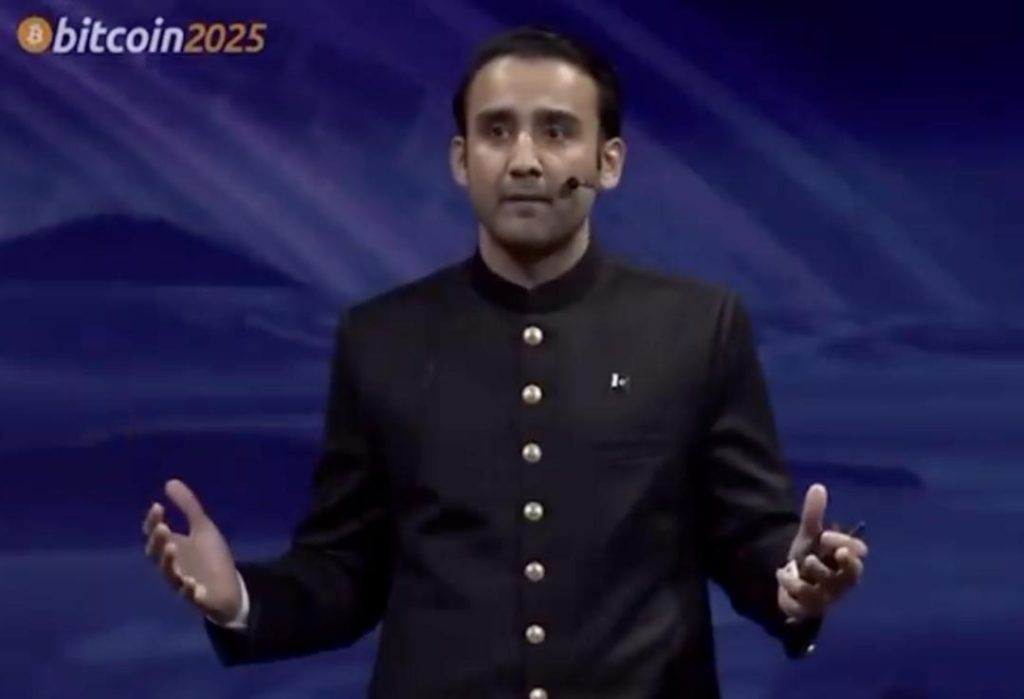
Pak & Bitcoin Suffer from Bad PR: CEO of Pak Crypto Body Linked to Trump-Backed Firm
When it comes to perception, a country’s image is often shaped by its global reputation. This is especially true for countries like Pakistan, which has historically been associated with conflict and terrorism. However, the CEO of the Pakistan Crypto Council, Bilal bin Saqib, has recently spoken out about the negative impact of bad press on Pakistan’s image, particularly in the world of cryptocurrency.
In an interview with News18, Saqib stated that Pakistan and Bitcoin have “suffered from bad PR” and that the country’s image has been “misrepresented” by the media. He believes that this distorted view of Pakistan has led to a lack of trust and understanding of the country’s potential in the cryptocurrency space.
Saqib is not alone in his concerns. The Pakistan Crypto Council has been working to promote the country’s cryptocurrency industry and foster a more positive image of Pakistan. However, recent developments have thrown a wrench into their plans.
World Liberty Financial, a US-based firm backed by US President Donald Trump, has been facing a Senate inquiry over its deal with the Pakistani cryptocurrency watchdog. The inquiry centers around allegations of corruption and money laundering, which have tarnished Pakistan’s reputation even further.
The deal between World Liberty Financial and the Pakistani cryptocurrency watchdog has also raised concerns about the country’s lack of regulatory oversight in the cryptocurrency space. Saqib has publicly stated that Pakistan needs to improve its regulatory framework to ensure the safe and secure trading of cryptocurrencies.
However, the negative press surrounding World Liberty Financial has also tainted the image of Pakistan’s cryptocurrency industry as a whole. Saqib believes that this is unfair, as the majority of Pakistan’s cryptocurrency businesses are legitimate and operate with transparency.
Despite these challenges, Saqib remains optimistic about Pakistan’s potential in the cryptocurrency space. He believes that the country’s young and tech-savvy population, combined with its relatively low costs and lack of regulation, make it an attractive location for cryptocurrency businesses.
In fact, Pakistan has already seen significant growth in its cryptocurrency industry, with the country’s cryptocurrency trading volume increasing by over 100% in the past year. This growth is largely driven by the country’s young population, who are increasingly turning to cryptocurrencies as a way to invest and make money.
However, Saqib acknowledges that more needs to be done to improve Pakistan’s image and reputation in the global cryptocurrency community. He believes that this can be achieved through increased transparency and cooperation with international regulators.
Pakistan’s cryptocurrency industry is not alone in facing challenges. The cryptocurrency space as a whole is facing increased scrutiny from regulators and governments around the world. As the industry continues to evolve and grow, it is likely that we will see increased regulation and oversight.
In conclusion, Pakistan and Bitcoin have indeed suffered from bad PR, and the recent developments surrounding World Liberty Financial have only added to the country’s negative image. However, Saqib’s comments highlight the need for increased transparency and cooperation between countries and international regulators.
As the cryptocurrency space continues to grow and evolve, it is essential that countries like Pakistan work to improve their image and reputation. By doing so, they can attract more investment, talent, and businesses to the country, ultimately driving economic growth and development.






